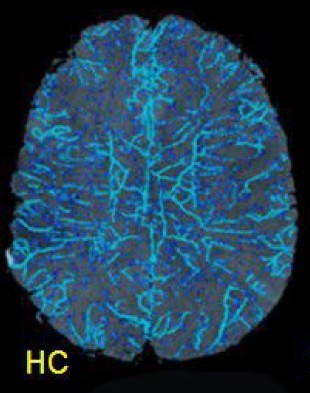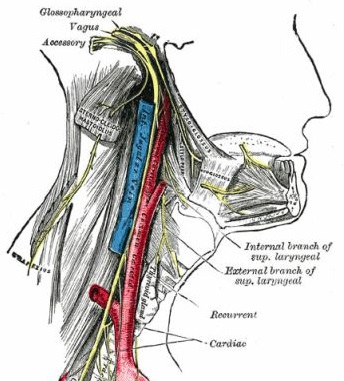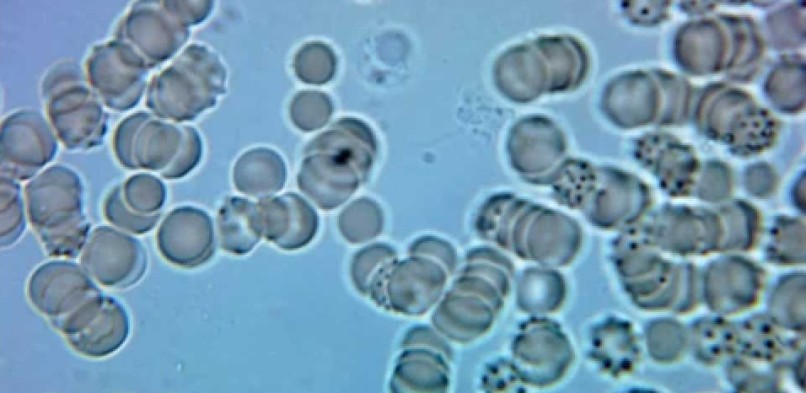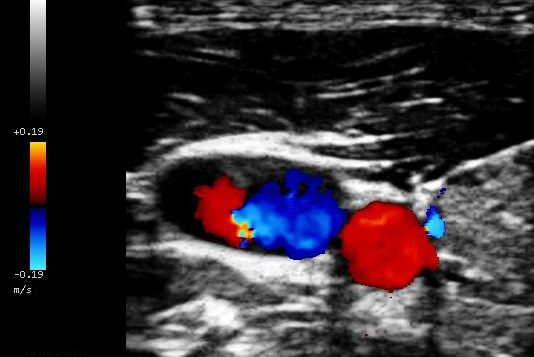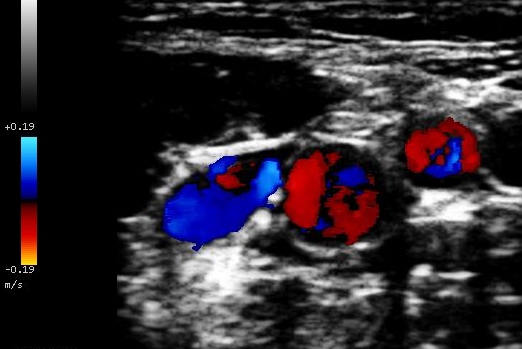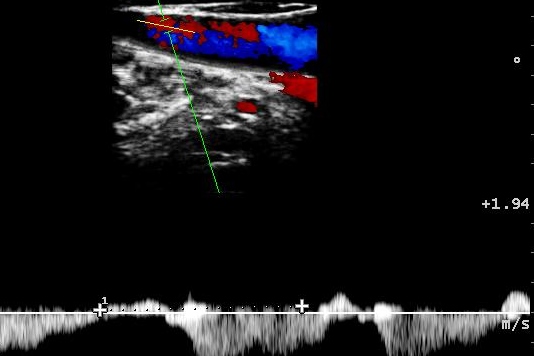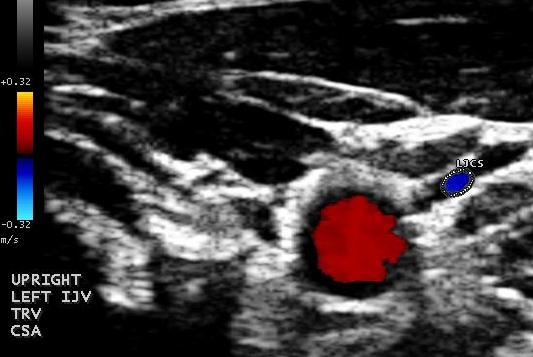Venous haemodynamic and cerebrospinal fluid anomalies associated with multiple sclerosis
March 7, 2016 Comments Off on Venous haemodynamic and cerebrospinal fluid anomalies associated with multiple sclerosisFebruary 15th, 2016 – This critical synopsis of prior work by Clive Beggs is submitted in support of a PhD by published work. The work focuses on venous and cerebrospinal fluid (CSF) anomalies associated with multiple sclerosis (MS) and other neurological diseases. MS is characterized by focal inflammatory lesions, which are often venocentric. Recently a…
Read more
